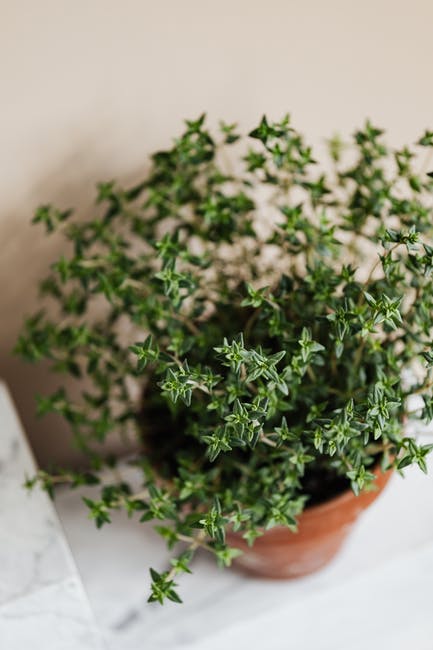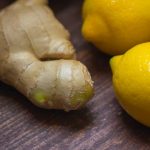Thyme is possibly among the most popular herbs you hear and read today. It is more often added to recipes both fresh and dried. However, did you know that it also can be beneficial to your health?
Its stem is thin and its leaves are small and clustered. It has tiny and beautiful purple, white and pink flowers. This herb can thrive on well-draining soil outdoors and indoors. It comes in an array of varieties with its unique taste and usage.
Because it rarely causes any allergic reaction, it is a favorite herb for diet and holistic remedies.
Tale as Old as Thyme
Did you know that even in the early 3000 BCE, Sumerians were already utilizing this herb for its antiseptic qualities?
Its the herb that’s already present in the ancient Egyptian society and notable for its antibacterial properties specifically used for embalming rituals.
The Romans and ancient Mediterranean society use it for their culinary needs but, also for home and space purifying ceremonies.
It is also an essential ingredient for food preservations.
Key Compound
Thymol is a chemical compound present in thyme and known for its antimicrobial, anti-fungi properties. It is an efficient natural pesticide too, killing mites and diminishing molds. Although it is deadly to unwanted fungus and bacteria, its scent is heavenly and even added to products to provide its sweet floral yet strong grass fragrance.
When Should You Use It?
For Cooking:
You must be wondering if you’ll use it for preparing your meals, when should you add this herb? Should it be only when it is fresh or the dried variation is good enough?
In truth, you can add either to your recipes. The dried are the perfect substitute if you do not have the fresh variant at hand.
The longer you cook it, its flavor is stronger and scent more potent.
Thyme is an amazing addition to stocks, soups, marinates, and teas.
Holistic Use:
It is effective as a natural mouthwash for inconsequential mouth infections, sore and inflamed gums.
Soothes sore throat.
Topical application against fungal and yeast infections.
Thyme tea is great for upper respiratory system remedies like colds, coughing, congested mucus, bronchitis.
Improves food digestion and relieves bloating, stomach spasms, diarrhea.
However, always take and use in it small amounts and diluted.




